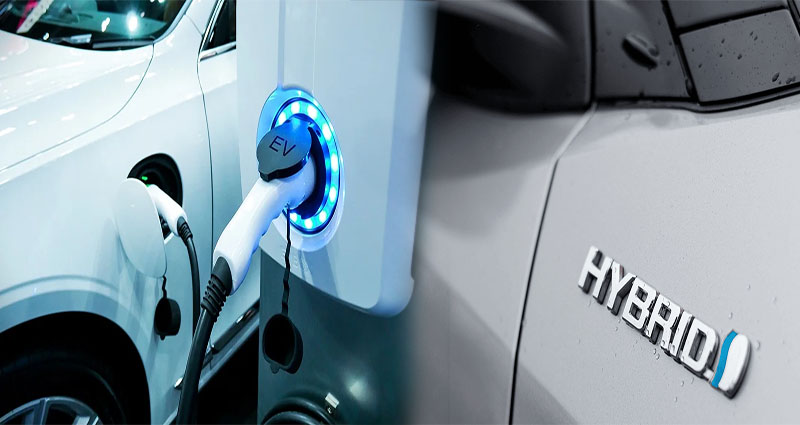Hybrid Electric Vehicles (HEVs) have gained widespread popularity in recent years as a viable alternative to traditional petrol or diesel-powered vehicles. These vehicles combine both an internal combustion engine and an electric motor to provide improved fuel efficiency and reduced emissions. Let’s delve deeper into the world of HEVs and explore their benefits and drawbacks.
What Are Hybrid Electric Vehicles (HEVs)?
HEVs are vehicles that utilize a combination of an internal combustion engine (typically petrol or diesel) and an electric motor. These two power sources work together to provide propulsion to the vehicle. The electric motor is powered by a battery pack that is charged either through regenerative braking or by the combustion engine itself.
The Benefits of Hybrid Electric Vehicles (HEVs)
- Fuel Efficiency: One of the primary benefits of HEVs is their improved fuel efficiency. The electric motor assists the combustion engine, reducing the workload and overall fuel consumption. This translates into savings at the pump and a reduced carbon footprint.
- Reduced Emissions: HEVs produce fewer emissions compared to traditional vehicles. The electric motor contributes to emissions reductions, especially during low-speed and stop-and-go driving conditions.
- Regenerative Braking: HEVs convert the kinetic energy generated during braking into electrical energy, which is then stored in the battery. This energy can be used later to power the electric motor, further enhancing fuel efficiency.
- Increased Driving Range: HEVs can travel longer distances compared to purely electric vehicles. Since they have both a combustion engine and an electric motor, there is no range anxiety associated with running out of charge.
The Drawbacks of Hybrid Electric Vehicles (HEVs)
- Less Environmental Impact: While HEVs are more environmentally friendly compared to traditional vehicles, they still rely on fossil fuels. Pure electric vehicles are considered to have a smaller carbon footprint since they operate solely on electricity.
- Limited Electric-Only Range: HEVs have a limited electric-only range compared to plug-in hybrid electric vehicles (PHEVs). This means they rely more heavily on the combustion engine, reducing their overall fuel efficiency.
- Higher Initial Cost: HEVs tend to be more expensive upfront compared to conventional vehicles. However, it is worth noting that the price gap has been closing rapidly as technology advances and becomes more widespread.
Hybrid Electric Vehicles (HEVs) strike a balance between traditional petrol-powered vehicles and pure electric vehicles. They offer improved fuel efficiency, reduced emissions, and increased driving range compared to conventional vehicles. While they have some drawbacks, HEVs have proven to be an excellent choice for individuals seeking a greener and more fuel-efficient transportation option. As technology continues to evolve, we can expect even more advancements in HEV technology, making them an even more attractive option in the future.





